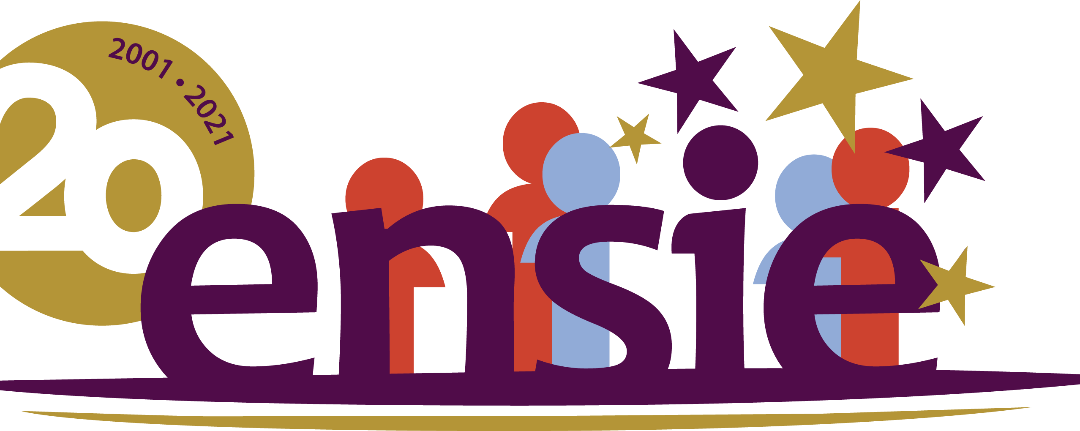From our partners in ENSIE
ENSIE, the European Network for Social Integration Enterprises, answered, with the help of its members, to the European Commission consultation on the EU action plan for social economy, which will be adopted by the end of the year.
In this contribution, ENSIE together with its members has tried to put together all their main concerns and requests for supporting the development and maintenance of Work Integration Social Enterprises (WISEs) in the EU and the countries of the European neighbourhood. WISEs are indeed crucial actors and contributors to a sustainable, inclusive and fair society which is needed for an adequate recovery from the current crisis. The results of the latest ENSIE’s annual “Impact WISEs study” demonstrated that WISEs do have a positive social impact on disadvantaged people. An emblematic example is that, in 2019, among the 395 WISEs and 10 136 disadvantaged workers that took part in the study, 82% of disadvantaged workers found a job in the same WISE or another one or on the traditional labour market, became self-employed or started an education programme.
In this position, ENSIE focuses on five main areas:
1) WISEs and legislative challenges : Social economy enterprises & WISEs definition, GBER, de minimis, de minimis & COVID-19, SGEI, Small and medium enterprises definition, VAT.
2) WISEs and access to market: sustainable public procurement and Corporate Sustainability and Responsibility.
3) WISEs and access to finance: ESIF, active labour market measures, measuring social and economic impact), WISEs mainstreamed in the European Semester & RRF.
4) WISEs mainstreamed in EU other policies: European Pillar of Social Rights, Youth Guarantee, Circular Economy, Skills and digitalisation
5) WISEs and external dimension: key actions needed: WISEs target groups common definition, good practices exchange and general recommandations.
You can find our position here for the short version and here for the longer version.


